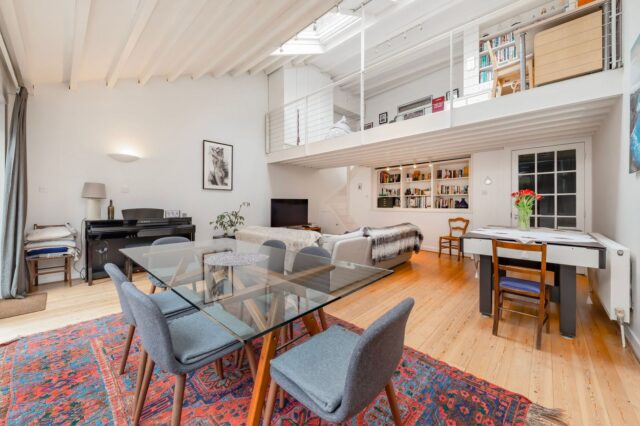UK house prices have fallen for the first time in more than a year during the month of October, according to Nationwide’s latest monthly report. The average price of a property fell by 0.9% from September to £268,282 – representing the first decrease since July 2021, as the property market continues to feel the effects of the havoc caused by the mini-budget, announced by former prime minister Liz Truss’ government. After the announcement, the financial markets went into panic, which resulted in widespread repricing of the mortgage market. This led to chaos for people across the property spectrum as 40% of mortgage deals were pulled overnight causing many to have to abandon property purchases, and many existing homeowners had their mortgage payments increase significantly.
Since then, fewer mortgage deals with smaller deposits are on offer, causing first-time buyers more difficulties when trying to get onto the property ladder. Research from Moneyfacts shows that there were 137 mortgage offers at 95% loan-to-value last week, compared to 347 at the start of 2022, with the largest number of deals (583) from lenders for 75% loan-to-value mortgages. The announcements made in the infamous mini-budget caused chaos in the property market pushing mortgage interest rates to 14-year highs – with the average two and five-year fixed rates climbing to 6.65% and 6.51% respectively but have since begun to fall.
The increase in mortgage rates means that a first-time buyer earning the average wage in the UK looking to buy an average first-time buyers home with a 20% deposit would experience an increase in their monthly mortgage payment from 34% of take-home pay to 45% – based on an average interest rate of 5.5%. Plans to cut stamp duty were announced in order to aid economic growth by allowing more people to move homes and provide first-time buyers with a better chance to get on the property ladder. However, these seem to have backfired as mortgages are becoming increasingly harder to obtain for first-time buyers. Moneyfacts said the number of all types of mortgage deals available in the UK had recovered slightly to 3,067, but this still represents a substantial decrease from 3,961 on the morning of the mini-budget.
David Hannah, Group Chairman of Cornerstone Tax, comments on the current state of the property market:
“The property market is now becoming increasingly difficult to enter for first-time buyers, and even though the average price of a property is falling, the increase in mortgage rates and the decrease in availability of mortgages are significant problems. We all know the challenges the UK’s property market is currently navigating – inflation and rising interest rates are causing a whole raft of issues. We’ve seen a surge in building costs and building materials which is slowing down construction and worsening the issue of supply and demand. The affordability of mortgages has worsened and monthly payments soared following the mini-budget announcements,undoubtedly contributing to the fall we have seen in property prices in October.
“The fall could be a sign of things to come, however, the fall of the pound has made the market very welcoming for foreign investors which I think will continue to drive the UK market. There is also a supply problem in the UK property market which rising mortgage rates won’t materially affect. Therefore, I don’t think we will see a property market crash, I think that come December 2023 we will still see an increase of around 5% in property prices.
“The cut in stamp duty that’s been announced and has not been removed, and unlike other changes made in the mini-budget, this hopes to provide first-time buyers with a better chance to get on the property ladder. The cut raises the threshold of how much a property has to cost before paying stamp duty to £250,000, doubling from the previous £125,000. First time buyers previously paid no stamp duty on the first £300,000 – this will also be increased to £420,000, and the value of the property which first-time buyers can claim relief on will go from £500,000 to £625,000. Overall, the steps taken mean that 200,000 people will be taken out of paying stamp duty altogether.”




